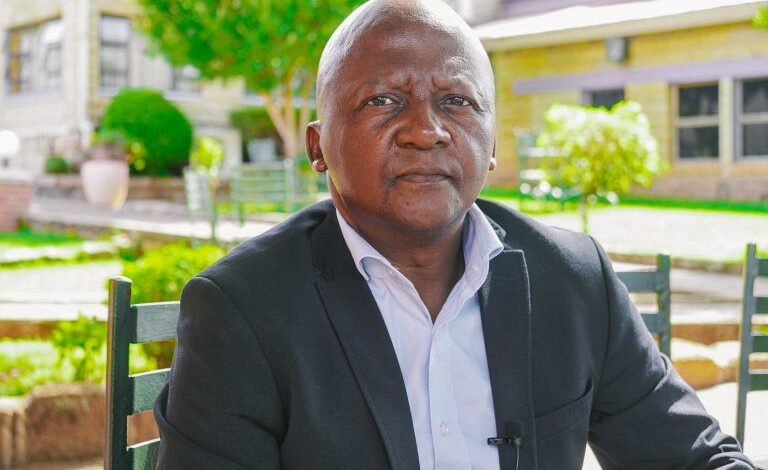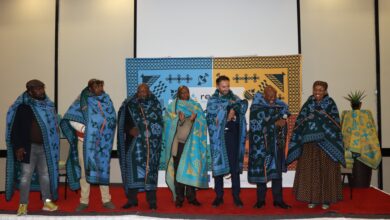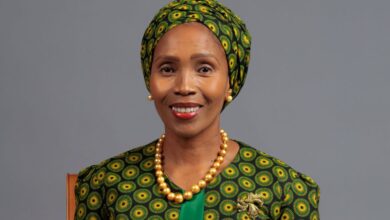Law Society of Lesotho Challenges Appointment of DCEO Director General

The Law Society of Lesotho has filed a significant legal application before the High Court of Lesotho, challenging the appointment of Mr. Knorx Molelle as the Director General of the Directorate on Corruption and Economic Offences (DCEO). The Society seeks to have Molelle’s appointment declared unlawful, null and void ab initio, meaning from the outset, and of no legal force or effect.
In their application, the Law Society has also requested the court to rule that Molelle is not entitled to any contractual or terminal benefits resulting from his appointment as Director General of the DCEO.
Legal Grounds for the Challenge
In the affidavit submitted by Advocate Lintle Tuke, the President of the Law Society of Lesotho, the Society argues that the Prime Minister holds the prerogative to appoint the Director General of the DCEO. However, this power, they claim, must be exercised in accordance with the provisions outlined in Section 4(1) and (4) of the Prevention of Corruption and Economic Offences Act 1999, as amended by Act No. 8 of 2006.
The Law Society has raised concerns about the legality of Molelle’s appointment, questioning whether the established legal procedures for such appointments were properly followed. The Society’s case suggests that failure to comply with the relevant provisions would render the appointment invalid.
Implications of the Application
If the court rules in favor of the Law Society, it would not only annul Molelle’s appointment but also prevent him from receiving any associated benefits that come with the position. This case has significant implications for the functioning of the DCEO and the broader governance landscape in Lesotho, particularly concerning the independence and integrity of institutions tasked with fighting corruption and economic offences.
What’s Next?
The High Court’s ruling on this case is eagerly awaited, as it could set a precedent for how appointments within key government institutions should be conducted in the future. For now, the Law Society’s challenge continues to spotlight concerns about legal compliance in the appointment of high-ranking officials in Lesotho.
Join 'Lesotho News' WhatsApp Channel
Get breaking Lesotho news — delivered directly to your WhatsApp.
CLICK HERE TO JOIN



